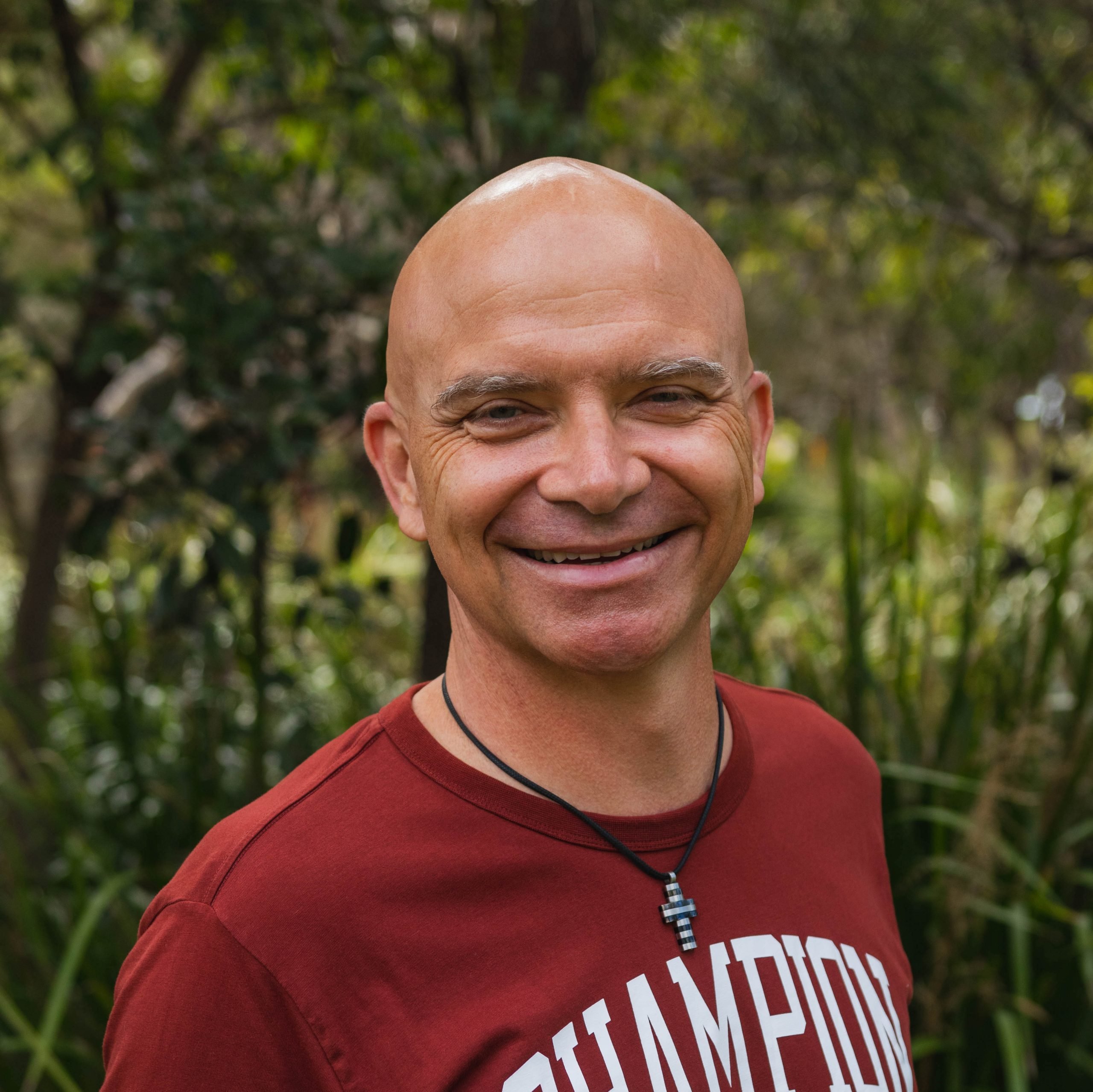by Liam Glover
[4 minute read + reflection]
As the Arrow team interacts with leaders from all around Australia – irrespective of context, location or denomination (rural, suburban, inner city, remote, church, para church, NFPs, education, for purpose, for profit) – we are hearing a consistent word.
FATIGUE
Physical Fatigue. Emotional Fatigue. Pivotal Fatigue. Decisional Fatigue. Fatigue from the multi-faceted reality of fatigue!
Jody Destry in our leadership blog a few weeks ago highlighted the importance of creating space for self to create life for others. (You might recall reading “love your neighbour as yourself.”)
Bong dela Fuente wrote helpfully last week about resilience during changing times (which we have all experienced in some form or another) providing some instructive steps in navigating a way forward.
Both of these leaders in different ways help us respond to personal fatigue.
However, fatigue experienced by multiple leaders across an organisation can lead to organisational fatigue. A place where the collective reality of influencers within an organisation results in the need for Organisational Selah.
I’m sure organisational is not a new word. Selah, however, might be.
Selah
Selah occurs 74 times in the Bible – the outstanding majority in the Psalms. Whilst there is debate as to its actual meaning, with possible definitions including, “so be it” “forever” and “to stop and listen,” the latter meaning resonates with most.
When demands continue unabated, it is difficult for leaders in a fatigued state to selah – to stop and listen. What does it look like for leaders in an organisation to selah – and perhaps for the organisation to selah?
So, as you consider the names and visualise the faces of people that you lead, what experience of fatigue is before them? And, therefore, what organisational selah is required?
As I consider the idea of stopping and listening, selahing (I think I might have just made up a word), conceptually, is very similar to Sabbathing. The idea of pausing – placing our work tools in a Sabbath Box – is a declaration of trust in our Lord. It recognises that God has the resources to ensure personal and organisational flourishing, and that it is not dependent upon us having to continually work. We are invited to undertake our Kingdom assignment in partnership with God as we steward well all that God entrusts into our care.
How do you – personally and organisationally – express your trust in the Lord?
Selah
Low Power Mode
As I travel, I have to be aware of how much time I spend in phone conversation and utilising navigation apps knowing that my phone, operating from battery, has limited power. And given that my phone has my hotel bookings, boarding passes and payment mechanisms, I need to manage my phone power to ensure it has power when I need it to.
I’m sure you’re familiar with a common feature of mobile phones – “Low Power Mode” (iphone) or “Power Saving Mode” (android), which directs power to essential apps, thereby extending the power of the battery.
Every organisation has its unique ebb and flow. In the life of Arrow, a lot of our front facing work connects with residential experience delivery. In this current season (over the next few months), we have an opportunity to prioritise the deep work of Arrow. And by deep, I mean important but not urgent work.
How often do we find ourselves operating out of the urgent (and important – or unimportant) quadrant?
Selah
So….
Over the next 6 weeks, Arrow Leadership will operate on Low Power Mode, directing our resources to essential and important activity.
And I invite you to pause for a moment to consider what this possibility could look like for you, your leaders and therefore your organisation.
Selah
So very practically, here’s what organisational selah looks like for Arrow…
- We will continue to be prayerful of those connected to the ministry of Arrow.
- We will attend to all our front facing / external stakeholder engagement on Mondays and Wednesdays. We will connect with leaders, make calls, engage with social media, interact with emails, etc – doing the business of Arrow on these two days.
- We will therefore leave the balance of the week to bring focus to recreative, unhurried work including curriculum design, instructional design plus material and resource design work.
- We (the team) will take various forms of leave during this time.
- We will share our next blog on Thursday 12 August 2021.
Over the next 6 weeks of Low Power Mode, we will be intentional in providing bandwidth for Arrow to prepare for the joys of our next season – providing exceptional leadership development experiences and inviting other leaders to know the same in 2022.

Liam Glover
Executive Director
Liam enjoys an abundant life having served for many years in start-ups in the Christian Not For Profit sector. He is passionate about most things, but particularly his relationship with our trinitarian God, his wife of 30 years, his three adult boys (+ new daughters), development, the kingdom and coffee. He loves ideating, communicating complex concepts simply, writing and exercise.

Recent Comments